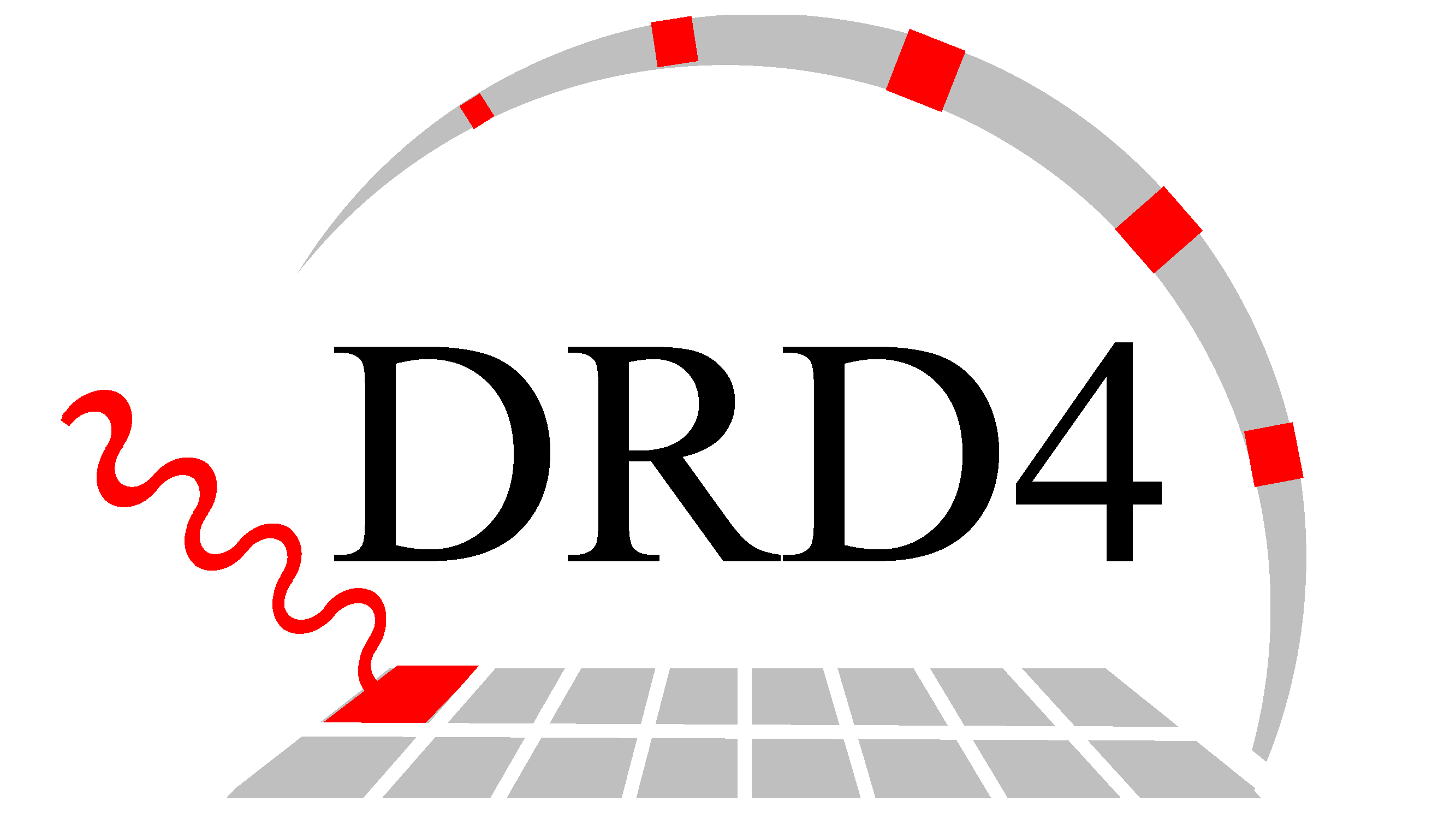The goal of WG4 is to address the software issues related to the next generation of detectors expected to be developed in DRD4. Some of the recent advances in software technologies can provide significant improvements in the simulation and analysis of the data produced in Cherenkov detectors.
In the coming years some of the HEP experiments need to simulate and reconstruct billions of events which will have data from Cherenkov detectors. If one uses standard CPUs the cost of running these programs will be prohibitively expensive. The simulation of optical photons takes up a significant part of the time needed for simulating a RICH and it can be sped up by using hardware accelerators, e.g., GPUs. The parallelization offered by the GPUs would reduce the time taken up by particle identification (PID) algorithms when processing many combinations of charged tracks and photon hits in the data.
The advances in machine learning techniques may offer a better alternative to the standard PID algorithms used these days, such as those based on testing likelihood ratios. In this context there is interest to work on the following topics:
• Usage of software that runs on hardware such as GPUs to speed up the simulation and reconstruction of data.
• Usage of machine learning and other novel techniques for particle identification.
• Development of tools for modelling the photon detectors and the associated readout electronics.
• Development of algorithms for real-time data analysis and detector calibration
• Creation of software tools that may help with the development of new PID techniques that are of interest in WG2.
The members of this WG may develop software packages of common interest to the DRD4 community and share experiences from software developments in different projects. There would be opportunities to collaborate with experts in other software organizations such as WLCG (Worldwide LHC computing grid), HSF (HEP software foundation) as well as the EP R&D program when appropriate. The tools developed in this WG are expected to be introduced later into the software frameworks of the relevant HEP experiments. It is also planned to develop software that will be used to verify the performances of the novel algorithms that are developed in this WG.
